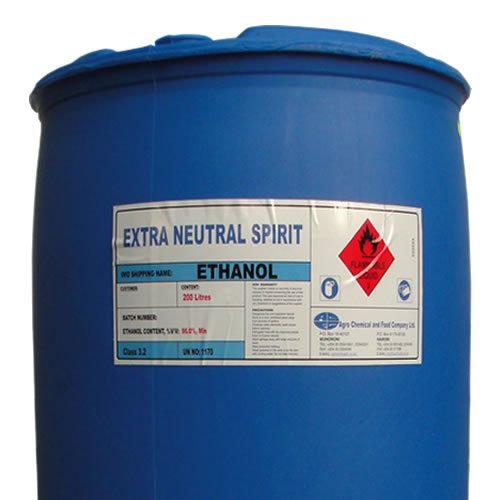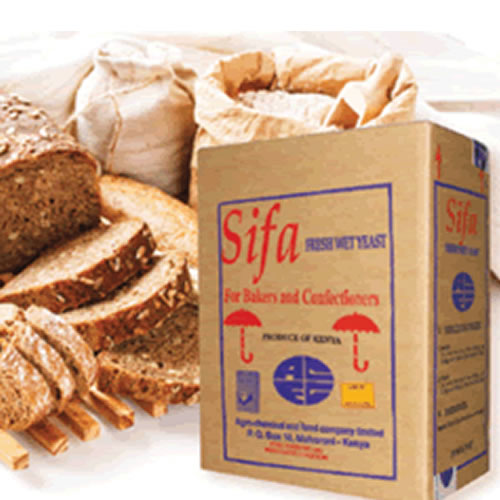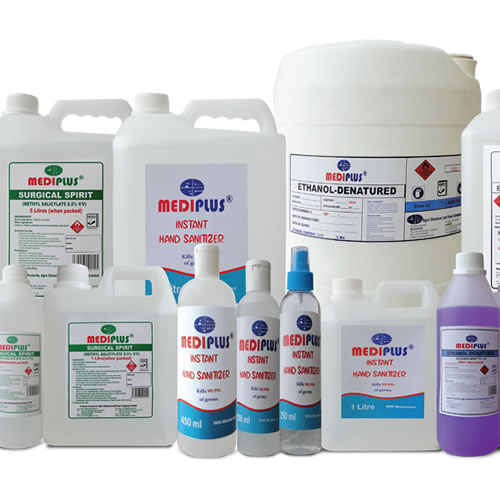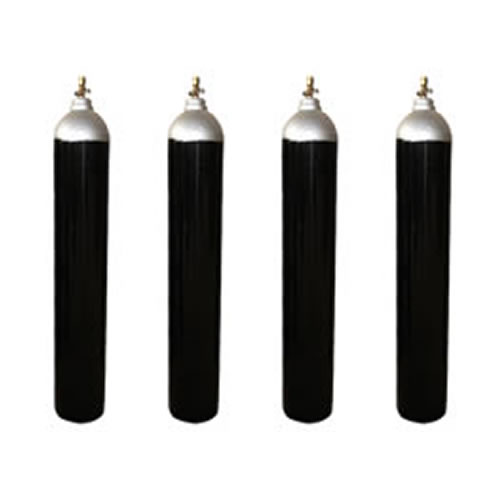Environment
Environmental Policy Statement
Agro-Chemical and Food Company Limited recognizes that:
– It has the responsibility to control, maintain and improve the Environment under its control.
– Environmental production is a critical strategic policy for its success.
The main goals of our environmental policy are:
– Prevention of pollution.
– Meeting all relevant regulations
– And satisfaction of customer requirements relating to environmental issues.
The company has also established quantifiable objectives and targets for environmental conformance. Our Environmental Management System is committed to the principle of continual improvement. All goals, targets, objectives and the EMS system shall be completely reviewed by the Executive Level Management at least annually.
Effluent Treatment Plant
ACFC embraces environmentally friendly technology in industrial effluent treatment process by putting into considerations the principles of 4R in waste management i.e. Reduce, Recover, Re-use and Recycle of waste.
Our effluent treatment plant is a combination of anaerobic (Primary) and aerobic (secondary) stages of treatment with a capacity of 1200m3 per day and a total retention time of 75 days.
The anaerobic process stage of treatment (Bulk volume fermenter) is a process carried out by a mixed population of interdependent micro-organisms. On the process, the high BOD and COD levels in the factory effluent are reduced by about 90% and 70% respectively leading to biogas production used for heating at the boiler to generate steam for factory use hence cutting down the cost of fuel oil used.
The anaerobic processes (secondary stage) of treatment involves mechanical aeration to further reduce the BOD and COD levels hence generating humus which settles at the clarification stage of treatment. The settled humus is wasted pneumatically into the sludge holding ponds while the supernatant water is handled down the treatment process for further polishing.
Further effluent treatment takes place in biological lagoons where anaerobic conditions are maintained through operations and maintenance of the plant and dissolving of atmospheric oxygen by mass transfer. This enables attainment of treated effluent that has minimal environmental and water quality impacts to the receiving water body.
The generated humus is desludged into the sludge drying ponds and can be used as manure to improve on soil texture.






